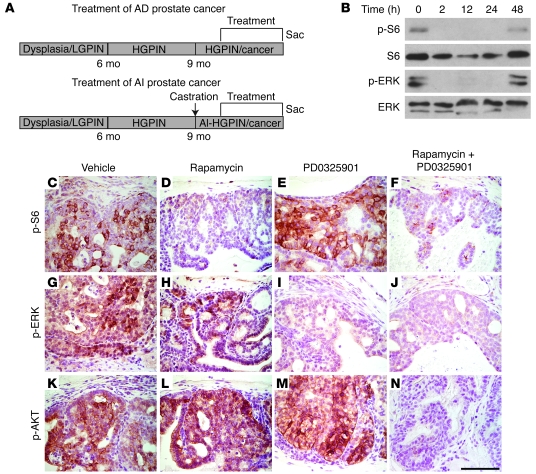Figure 1. Inhibition of AKT/mTOR and ERK MAPK signaling pathways with rapamycin and PD0325901.
(A) Diagram of the experimental strategy. Nkx3.1; Pten mutant mice develop low-grade and high-grade PIN (LGPIN and HGPIN, respectively) and ultimately adenocarcinoma as a consequence of aging, as well as androgen independence following castration. The trial design entailed enrolling androgen-intact or androgen-ablated mutant (or control) mice at approximately 10 months of age randomly into groups that were treated with rapamycin and/or PD0325901 (or vehicle) for 21 days (5 days on/2 days off), after which the mice were sacrificed (Sac) for analyses of end points (i.e., histology, prostate weights, cellular proliferation, immunohistochemistry, and Western blot analyses; Figures 3–6 and Table 1). AD, androgen-dependent; AI, androgen-independent. (B) Rapamycin and PD0325901 inhibit their respective targets in the prostate for up to 24 hours. Western blot analyses were performed using protein extracts prepared from the dorsolateral prostate of Nkx3.1+/—Pten+/— mutant mice (10 months) treated with rapamycin plus PD0325901 for the times indicated. Each group had 3 mice; Western blot analyses were done with at least 2 independent mice in each group, and representative samples are shown. (C–N) Rapamycin and PD0325901 lead to inhibition of target proteins in mouse prostate tissues in vivo. Immunohistochemical analyses were performed using the indicated antibodies on sections from the anterior prostate of Nkx3.1+/—Pten+/— mutant mice (10 months; androgen-intact) treated with rapamycin and/or PD0325901 (or vehicle) as indicated for 1 week. Scale bar: 100 μm.

